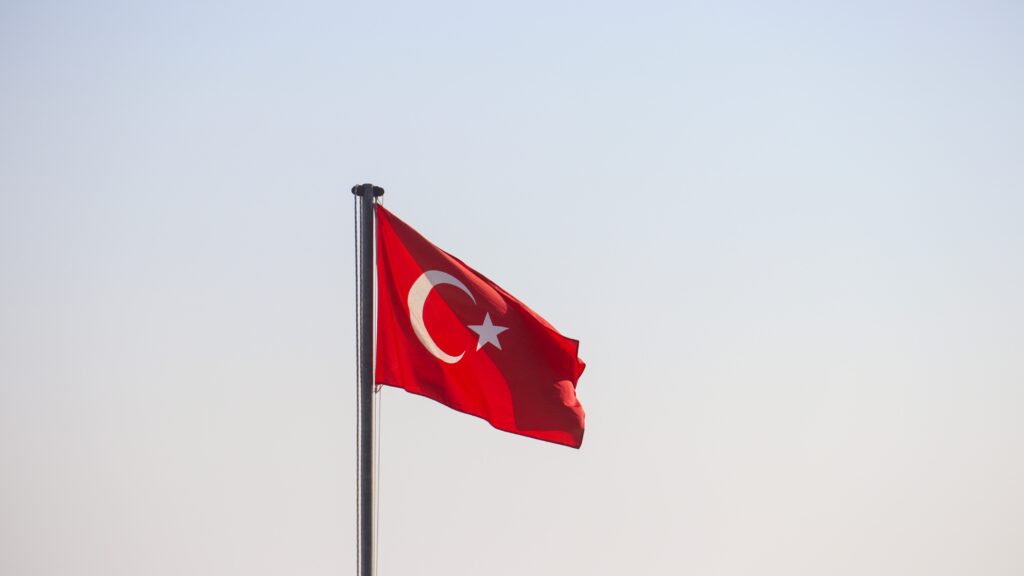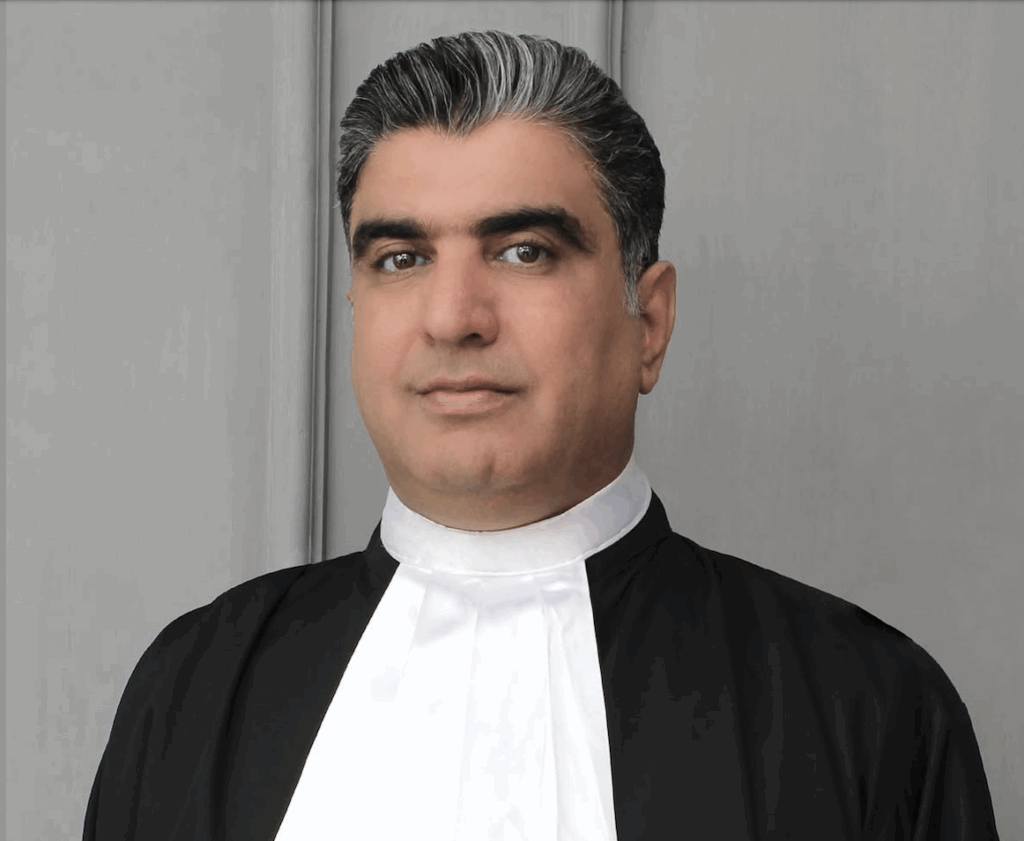Illustration: Joost Hölscher
The Armenian environmental lawyer, Nazeli Vardanyan, is admirable for her commitment to protecting Armenia’s environment. She is the founder and director of Armenian Forests Environmental NGO, which is committed to afforestation, reforestation, nature protection, engagement of community members in decision-making processes, protection of human rights, drafting environmental legislation and ecological education.
Furthermore, Ms. Vardanyan established a Public Environmental Court in which different environmental cases have been heard. Its decisions have been sent to the government, ministries, prosecutor office, investigation committee and the police. Due to its mineral wealth, Armenia is very attractive to the mining sector. However, there are significant environmental risks associated with this. Therefore, Ms. Vardanyan, in the last decades, has been engaged in combating the environmental impact of these mining projects, particularly the contested Amulsar gold mine nearby the city of Jermuk.
Lydian Armenia (“Lydian”), a subsidiary of the British company, Lydian International, already started its investigations into constructing the Amulsar gold mine back in 2006. Even though, at the time the people of Jermuk did not believe Ms. Vardanyan when she told them that the Amulsar gold mine would actually be built, it marked the beginning of her long battle. The construction of the gold mine started in 2012 and its effects were quickly felt by the residents of Jermuk; they had to deal with the dust, which resulted in health issues, and the pollution of their drinking and fishing water. They started to write petitions and gather signatures objecting to the opening of the mine, but without any result. “The government was extremely motivated to open the mine, perhaps because they had their own interests in Lydia Armenia.”
The construction of the Amulsar gold mine was suspended in 2018 following large protests against the project’s potential environmental damage. The citizens blocked the road for nearly 2,5 years, 24 hours a day, and no one was allowed to enter the territory. These protests ended with the Naogrno-Krabakh conflict, but the Amulsar gold mine was never re-opened. In all those years, Ms. Vardanyan supported the community’s protests against the opening of the gold mine in a number of ways. “I drafted and published a number of legal assessments, opinions, reports, articles and I gave many interviews to the mass media during that time. Furthermore, as an advocate, she represented 24 members of the Gndevaz and Jermuk communities in court in 2 administrative cases against the Ministry of Environment and the Ministry of Territorial Development and Infrastructure.
As a result of her protests, Ms. Vardanyan was subject to harassment. “Fake videos of me were shared on the internet concerning a previous case in which I represented a murder victim. They posted photos of me and the murderer with the text that the murderer had not been punished because I am a non-professional, while I actually won this case and the murderer received a life sentence.” Although Ms. Vardanyan has no proof that Lydian either made or shared the video, it was definitely related to her activism against the Amulsar gold mine. “They said in the video that I am a non-professional lawyer who speaks about Amulsar and that they hope that I will never represent Armenia at an international level.”
On 21 December 2018, Lydian filed a SLAPP case against Ms. Vardanyan after she questioned them about alleged corruption, demanding that she retract her statement and pay Lydian 1 million AMD (US$2,000). Ms. Vardanyan was not informed of the hearing because Lydian provided the incorrect address in its court filings. Eventually, the court of first instance sentenced her to pay $200 and to apologize in a newspaper. The court of appeal lowered this to a payment of $100 without a retraction. Ms. Vardanyan attempted to appeal this judgment before the Court of Cassation, but her application was not accepted. She has now taken her case to the European Court of Human Rights.
The environmental legislation in Armenia is underdeveloped and recently, there has been a tendency to change environmental laws in favour of the mining corporations. For example, the government has made anti-constitutional changes to the Mining Code to give the mining corporations the opportunity to prolong mining without a new environmental impact assessment. “I actively opposed this bill by sending letters, signing petitions, participating in interviews, and offering advice to the Ministry of the Environment, but they did not take my advice into consideration.”




